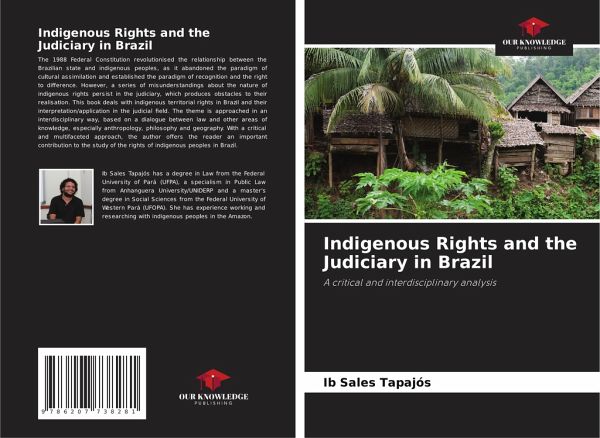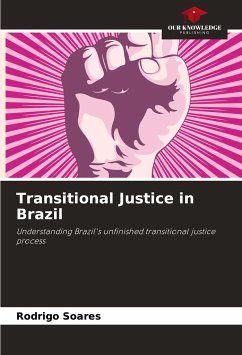
Indigenous Rights and the Judiciary in Brazil
A critical and interdisciplinary analysis
Versandkostenfrei!
Versandfertig in 6-10 Tagen
27,99 €
inkl. MwSt.

PAYBACK Punkte
14 °P sammeln!
The 1988 Federal Constitution revolutionised the relationship between the Brazilian state and indigenous peoples, as it abandoned the paradigm of cultural assimilation and established the paradigm of recognition and the right to difference. However, a series of misunderstandings about the nature of indigenous rights persist in the judiciary, which produces obstacles to their realisation. This book deals with indigenous territorial rights in Brazil and their interpretation/application in the judicial field. The theme is approached in an interdisciplinary way, based on a dialogue between law and...
The 1988 Federal Constitution revolutionised the relationship between the Brazilian state and indigenous peoples, as it abandoned the paradigm of cultural assimilation and established the paradigm of recognition and the right to difference. However, a series of misunderstandings about the nature of indigenous rights persist in the judiciary, which produces obstacles to their realisation. This book deals with indigenous territorial rights in Brazil and their interpretation/application in the judicial field. The theme is approached in an interdisciplinary way, based on a dialogue between law and other areas of knowledge, especially anthropology, philosophy and geography. With a critical and multifaceted approach, the author offers the reader an important contribution to the study of the rights of indigenous peoples in Brazil.














